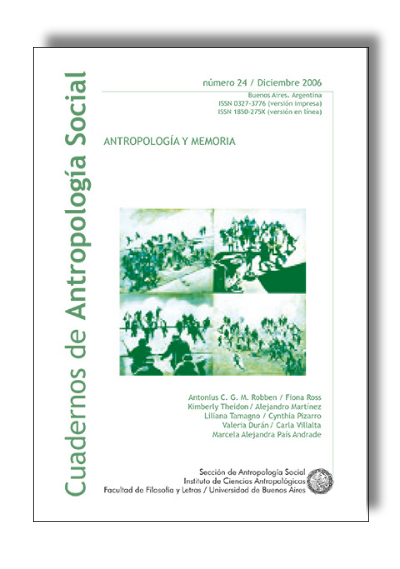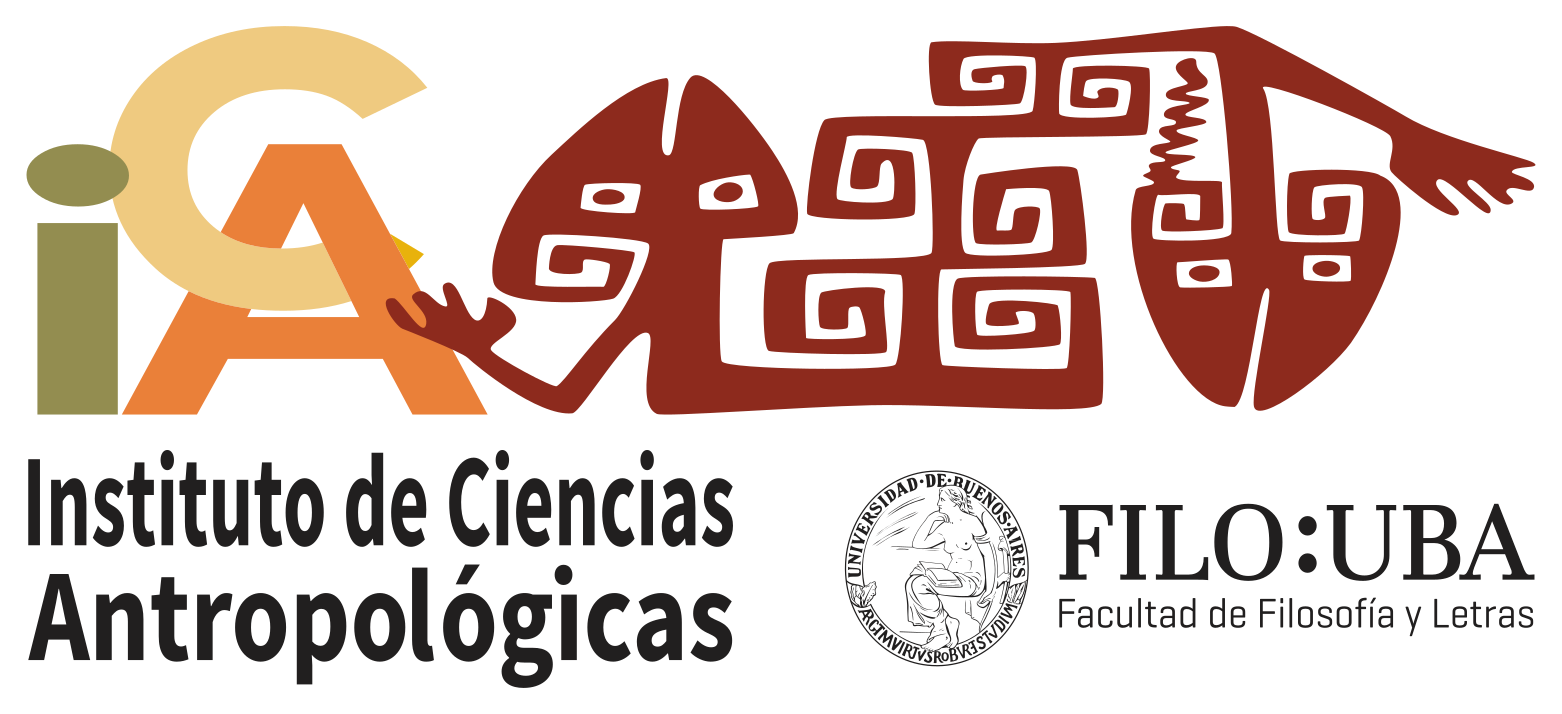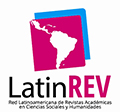La elaboración de una Memoria Nacional: la Comisión de Verdad y Reconciliación de Sudáfrica
Abstract
South Africa’s Truth and Reconciliation Commission created a record of violence committed between 1960 and 1994 of the Apartheid era. Drawing from Latin American examples, it claimed to offer a collective memory of the past. The resultant account priorities individual experiences of harm (gross violations of human rights). While the account of specific harm is important, it is not adequately situated within an assessment of Apartheid’s systematic and structurally damaging effects. Age and gender specific patterns of testimony before the Commission give rise to an account of the past that undervalues the effects of Apartheid on women, particularly the young and underestimates the role they played in resistance to Apartheid. The Commission’s emphasis on violation precludes an understanding of everyday social processes through which people make everyday life. “Collective memory” is insufficient to the task of ensuring democracy.Downloads

Esta obra está bajo una Licencia Creative Commons Atribución 4.0 Internacional
Cuadernos de Antropología Social sostiene su compromiso con las políticas de Acceso Abierto a la información científica, al considerar que tanto las publicaciones científicas como las investigaciones financiadas con fondos públicos deben circular en Internet en forma libre, gratuita y sin restricciones.
Los contenidos y opiniones expresadas en los artículos publicados son de entera responsabilidad de sus autores.
Los autores/as que publiquen en esta revista aceptan las siguientes condiciones:
- Los autores/as conservan los derechos de autor y ceden a la revista el derecho de la primera publicación, bajo la licencia de atribución de Creative Commons, que permite a terceros utilizar lo publicado siempre que mencionen la autoría del trabajo y a la primera publicación en esta revista.
- Los autores/as pueden realizar otros acuerdos contractuales independientes y adicionales para la distribución no exclusiva de la versión del artículo publicado en esta revista (p. ej., incluirlo en un repositorio institucional o publicarlo en un libro) siempre que indiquen claramente que el trabajo se publicó por primera vez en esta revista.















